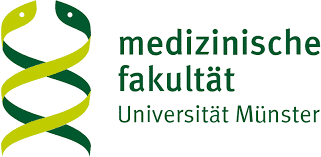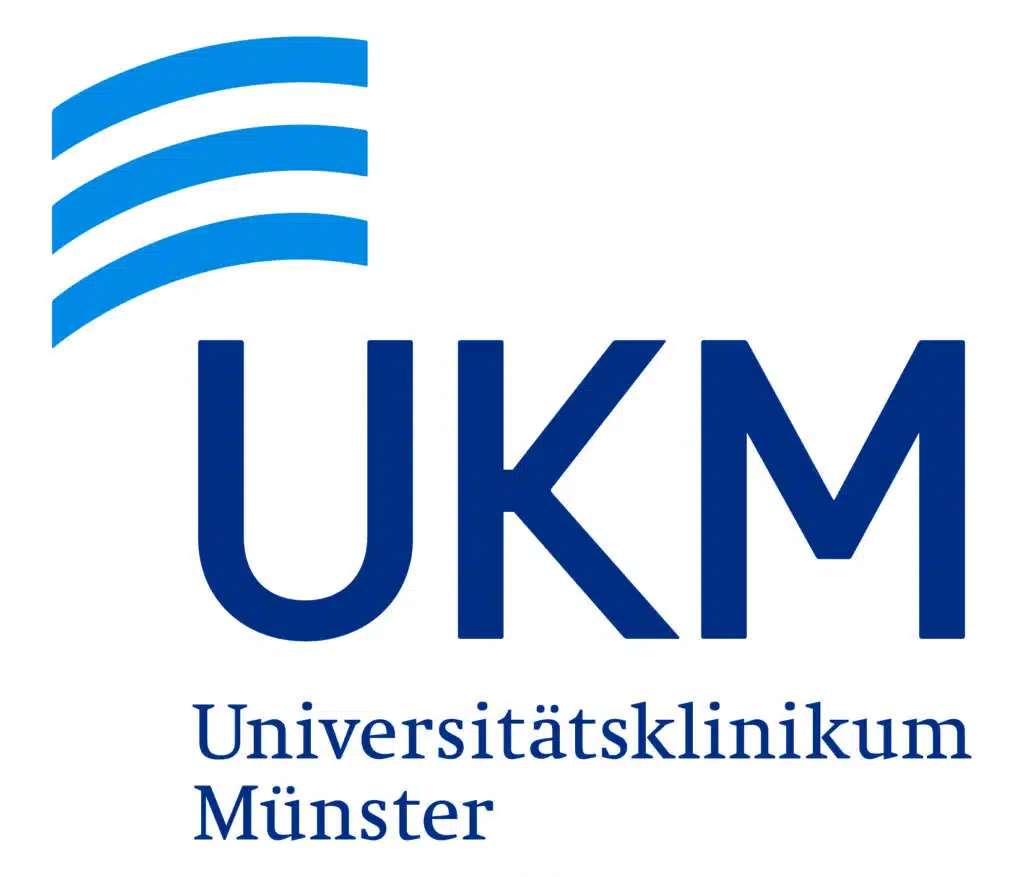Research Programme
We aim to elucidate the genes, proteins, and cellular programmes that control testicular function and spermatogenesis. To this end, we study testis samples and interrogate the genome of patients with severely impaired sperm production (few or no sperm in the semen sample: azoo-, crypto-, or oligozoospermia). In this way, we aim to improve the treatment of affected men by being enabling us to predict with increasing accuracy, whether a testicular biopsy with the aim of testicular sperm extraction (TESE) will be successful. This approach supports counselling and decision-making during treatment, helping to prevent unsuccessful surgeries.
In addition, we study patients with impaired sperm motility (asthenozoospermia) to decipher the composition, function and control of the motor structures in the sperm flagellum.
Finally, we study patients with normal sperm counts (normozoospermia) and analyse their (epi )genome to investigate the molecular basis of sperm-egg interactions. In this way, we are decoding the molecules that control sperm function. These studies also have a direct impact on patient care.
Our projects rely on the systematic recruitment, selection, and clinical phenotyping of patients and their samples, such as semen. We have established the necessary infrastructure for this over the years, and this valuable and constantly growing resource forms the basis of all projects within the CRC initiative. To this end, new machine learning algorithms are being developed to analyse sperm swimming behaviour and histological image data. This will advance the identification of new, previously unknown clinical phenotypes.


